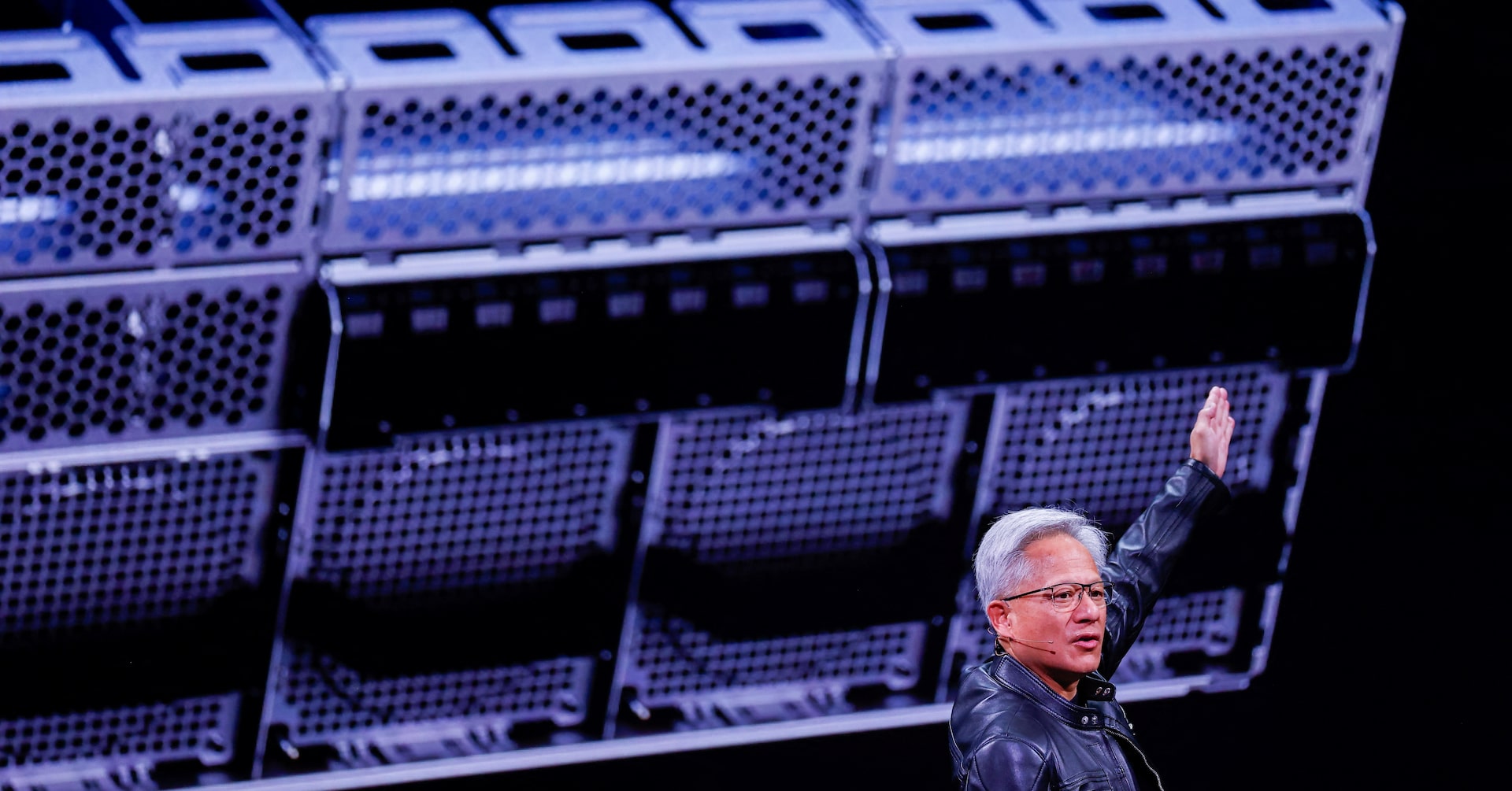
Nvidia Chief Executive Officer Jensen Huang said on Wednesday that U.S. government efforts to restrict the export of advanced artificial intelligence (AI) technology to China have been unsuccessful. Huang’s remarks highlight challenges faced by Washington in curbing China’s access to high-end AI capabilities amid an escalating technological rivalry between the two countries.
Speaking at a public forum, Huang commented on the efficacy of ongoing U.S. export controls designed to limit China’s development in cutting-edge computing technologies, particularly those used in military and surveillance applications. The measures, which began in October 2022 and expanded in 2023, restrict the sale of high-performance semiconductors and AI-capable chips to China.
Huang, whose company is a global leader in AI accelerator chips and graphics processing units (GPUs), emphasized that such export restrictions have not achieved their desired impact. “The controls didn’t accomplish what they were intended to,” he said, without elaborating on the specific shortcomings but suggesting that China continues to find ways to access or develop competitive technologies.
The statement adds to a growing body of opinion among industry leaders and analysts who question the long-term effectiveness of unilateral export controls in a globalized tech supply chain. Critics point out that such restrictions may incentivize domestic innovation within China, potentially undermining U.S. technological leadership by encouraging the development of homegrown alternatives.
Nvidia has previously navigated these restrictions by offering products such as the A800 and H800 chips—versions compliant with U.S. export rules but lower in performance compared to the flagship A100 and H100 chips. However, with further tightening of controls in 2023, even these scaled-down alternatives have come under scrutiny.
Huang’s comments come as Nvidia continues to dominate global AI chip markets, recently emerging as one of the most valuable companies in the world amid growing demand for generative AI technologies. The company’s market position makes its business decisions and policy perspectives particularly influential in wider international debates on AI governance and technology transfer.
Meanwhile, the Biden administration maintains that its export control strategy is necessary to protect national security and prevent advanced technologies from enhancing the military capabilities of geopolitical competitors.
As countries around the world reassess AI-related policies, Huang’s statements contribute to ongoing discussions about how best to balance innovation, economic interests, and national security in an increasingly interconnected tech landscape.
Source: https:// – Courtesy of the original publisher.








